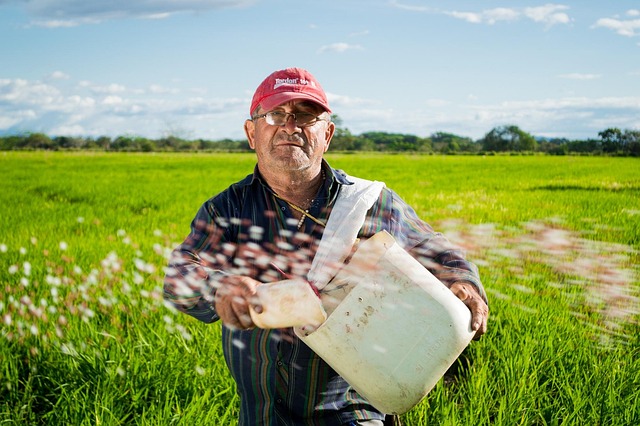In recent years, the push for eco-friendly practices has gained momentum, compelling us to reconsider the way we interact with our environment. One area ripe for transformation is vegetable gardening, where society-level cooperation can foster not only the growth of plants but also a sense of community and responsibility toward our planet.
Gardening is often seen as a solitary hobby, a time for reflection and connection with nature. However, when individuals come together with a shared vision of sustainability, the impact becomes magnified. Society-level cooperation is essential in cultivating a vibrant gardening culture that nurtures both the earth and its inhabitants. By working together, we can achieve impressive results that go beyond the individual plot of land.
Imagine a neighborhood where residents collectively establish community gardens, transforming vacant lots into lush green spaces that are beneficial for the environment. These gardens not only provide fresh produce but also serve as educational hubs, where people of all ages can learn about eco-friendly practices. Workshops on organic gardening techniques, composting, and sustainable pest control can instill a deeper appreciation for nature and the importance of protecting it.
Moreover, society-level cooperation brings an incredible opportunity to strengthen bonds among neighbors. Gardening can be a communal activity; planting, tending, and harvesting become social events that build camaraderie. Sharing the fruits of one’s labor fosters generosity and inspires others to participate in the green movement. When everyone pitches in, not only do we help create a healthier environment, but we also cultivate friendships and a sense of belonging.
Another appealing aspect of practicing eco-friendly farming through collaborative efforts is the reduction of waste. Through initiatives like seed exchanges and collective composting, we can maximize resources and minimize our ecological footprint. A community committed to refining these practices can create a sustainable cycle that contributes positively to the environment and leads to healthier diets.
By focusing on society-level cooperation in vegetable gardening, we create spaces that honor nature while celebrating our interconnectedness. Ultimately, embracing eco-friendly practices is about more than the vegetables we grow; it’s about nurturing the relationships that allow us to thrive alongside the natural world.
Let’s strive to integrate these green practices into our lives, recognizing that each small step contributes to a far greater impact. Together, we can ensure that the future of gardening—and our planet—remains bright and sustainable.




